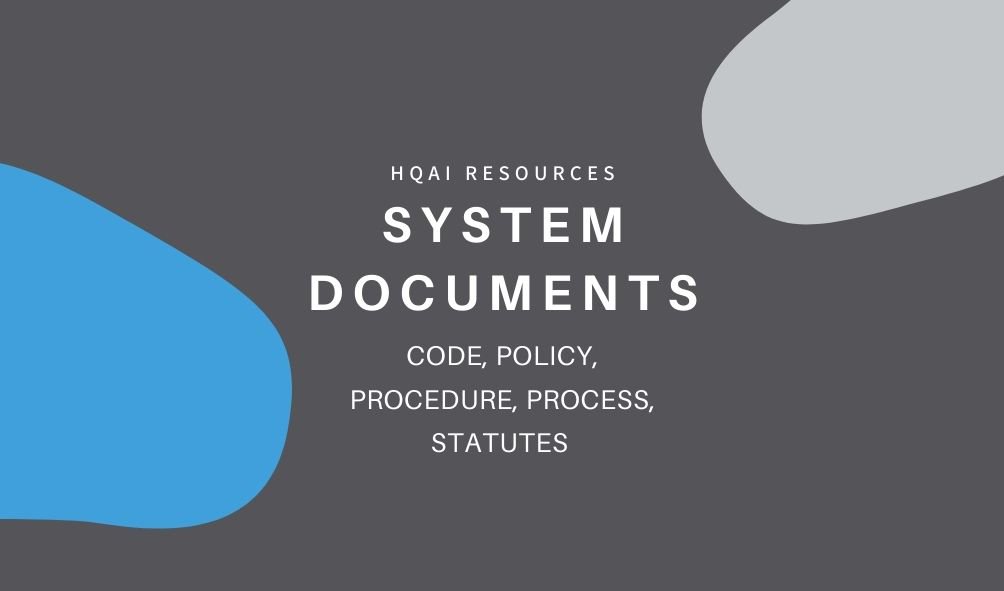HQAI Facilitation Fund
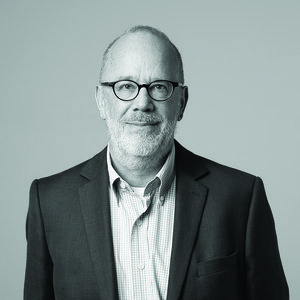
The HQAI Facilitation Fund Management Committee (FFMC) welcomes HQAI’s announcement of a reduction in the costs of audits from 2025. On average, it is anticipated that most audited partners will see reductions of 5 to 15% over a three-year audit cycle.
Even more important from a FFMC perspective: HQAI demonstrates its strong support of quality locally-led action by reducing the cost of a full audit cycle by up to 20% for smaller organisations.
The FFMC expects this measure to have a significant positive impact on the number of subsidies that can be granted via the Facilitation Fund. It also will accelerate HQAI’s strategic objective to ensure more local actors are audited against the CHS and increase their access to quality funding.
Philippe Besson, Chair of the FFMC, December 2024
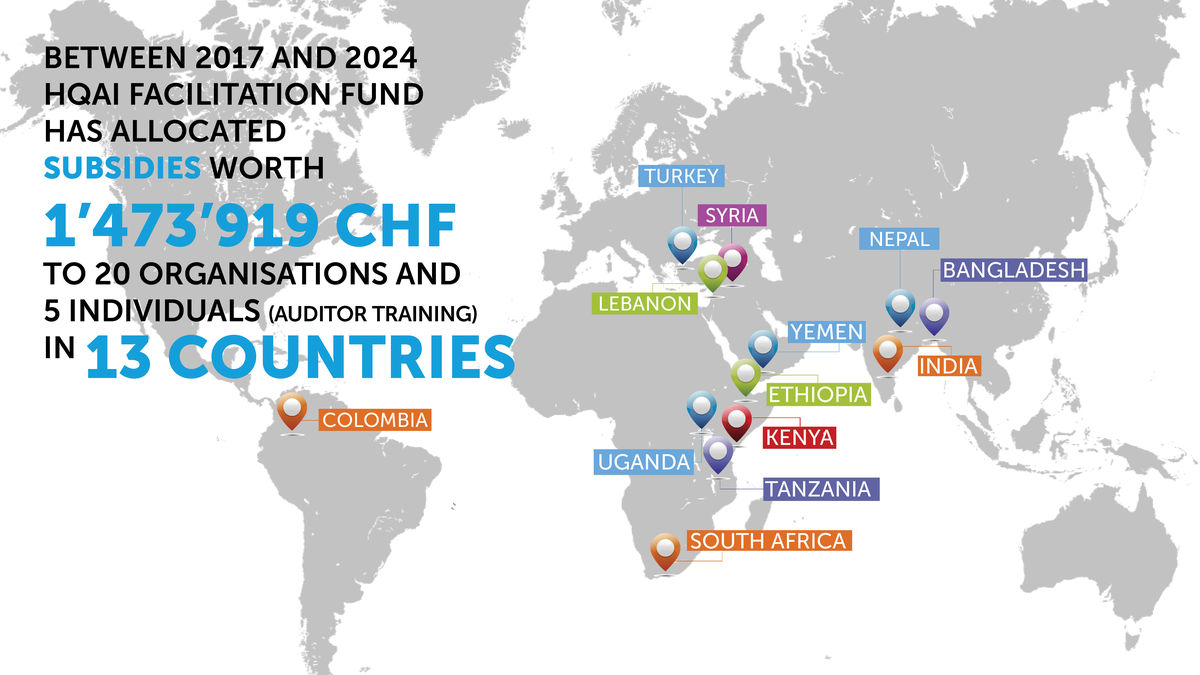
Leaving no one behind
HQAI Facilitation Fund supports organisations that want to access HQAI's services, and individuals in covering their auditor training costs. Applications are made to an independent committee, which grants subsidies that can cover up to 90% of the cost of an audit or training.
Since 2017 the HQAI Facilitation Fund has granted subsidies worth 1,473,919 CHF to 20 organisations and 5 individuals in 13 countries.
As a not-for-profit NGO, HQAI is committed to ensuring that its services are accessible to organisations working in the humanitarian and development sectors however small, whatever their budget, and wherever they are located.
Indeed, while auditing processes are recommended for organisations of all sizes, national and local organisations have found these services invaluable. Watch this video to learn what our local partners say about their role in the humanitarian and development sector and read about their experiences with HQAI:
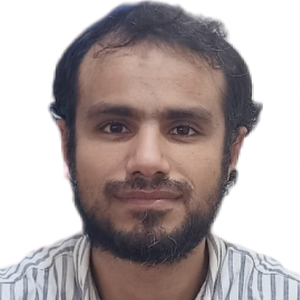
CHS verification is not a one-time achievement but a commitment to ongoing improvement. It encourages organisations like ours to assess and enhance their policies, processes and practices continuously. Being verified against the CHS also publicly validates our commitment to upholding the highest standards of humanitarian practice and accountability internally. Showing that we are working hard to meet this global mark continually increases the credibility and trust we get from donors, partners and, most importantly – the people we serve.
Abdullah Al Kaff, Partnership Officer at Building Foundation for Development, September 2023

The simple reason is that local people are the first responders to any crisis as was evidenced by the Covid-19 pandemic and thus need to have the capacity to make important decisions in a limited time. Second, indigenous people know their context the best… While working for Friendship, before localisation even became a norm, I realised that unless the donors and people in need are brought together, the donor would never trust or understand the severity of the situation. Localisation has become the buzzword recently, but it needs to be implemented in a very systemic manner. There needs to be a clear understanding of what local and international organisations can do; considering that both have a very specific set of skills to offer. We need to build this partnership together to make a global team and work towards better funding and aid. Let’s not look at local or international organisations as exclusive of each other and focus on the complementarity of the two.
Runa Khan, Executive Director of Friendship Bangladesh, March 2023 HQAI Annual Report 2022
Who can apply for the HQAI Facilitation Fund?
In a sector that offers so much diversity, the Committee gives priority to:
- National organisations operating in the country where they are headquartered or in a neighboring country.
- National organisations working in countries with the highest number of people in need, according to the United Nations Office for the Coordination of Humanitarian Affairs (OCHA) annual Global Humanitarian Overview (GHO).
- National organisations with lower annual incomes that require financial support.
- Subsidies will be prioritised for new national organisations undergoing their first initial audit.
Apply for your subsidy!
HQAI Facilitation Fund is a not-to-be-missed opportunity and here is how interested organisations can apply to it:
- Decide which audit service you would like to request: certification, independent verification or benchmarking.
- Visit the application process site and indicate in your application the interest in the HQAI Facilitation Fund.
The detailed process of how the Committee grants subsidies and on what criteria these decisions are based are explained in the HQAI Facilitation Fund Policy (POL200).
Voices from our subsidised partners!
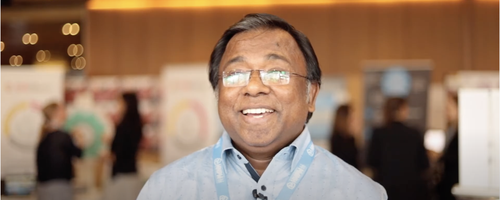
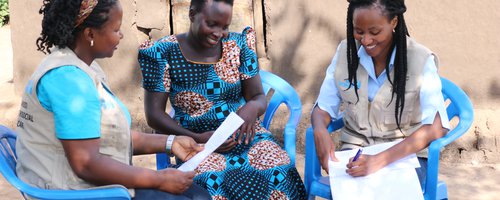
The Subsidy Fund is revolutionising organisations
TPO Uganda's take on independent verification against the CHS.
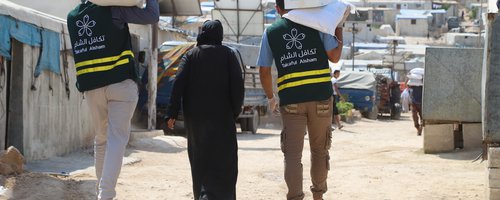
Takaful Alsham's CHS certification journey
"Since organisations can apply to the Subsidy Fund that covers up to 90% of the costs of the audit, it is accessible to any organisation," says Mohammed Ezaldeen, Takaful Alsham.
